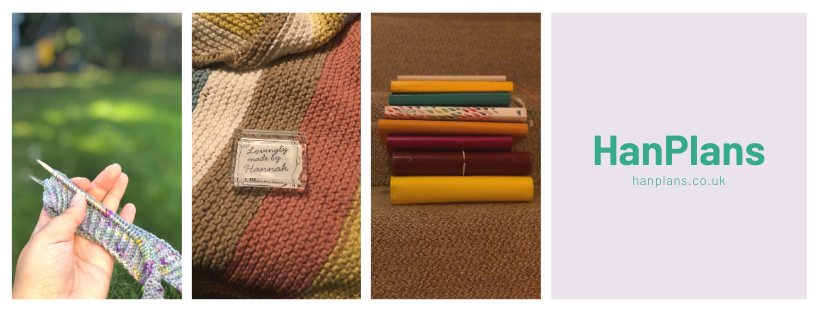
We’ve lived in our current house over a decade and we have two compost bins, the first actually completely collapsed through no use/mistreatment over the years. The second lives down by our shed and up until recently wasn’t really being used. I guess between one thing and another it was just easier to chuck the food waste in the black bin and be done with it. We have usable compost in it but need to figure out how to get it out and make use of it. (Chris has just told it’s super easy to do – clearly it’s just me in my pregnant state who can’t deal with it lol).
Growing up my Dad had a compost heap and also had a worm farm (wormery) – both take mostly the same items but the wormery can’t take certain things (like citrus fruits – the compost can take it but not too much. If you give it to the worms, it can raise the pH level too far and make the worms unwell – also spicy good and dairy products aren’t good for them either.
So, since being on “lockdown”, I decided to try and narrow down what we put in our black bin. Here in Bedfordshire, we have the black bin which is household waste, the green bin which is garden waste (like grass cuttings etc) and then the orange bin which is recycling (but not all recycling is created equal so some stuff can’t go in there). We then collect glass which is either recycled at the bottle bank or if it’s clean and has it’s lid, then we take it to The Store for the jars to be reused when people purchase “refill” products from the shop. (The Store can also be found on Facebook here and Instagram here). This all happened to coincide with us filling our green bin and then being notified by the council that green bin collections would be cancelled for the time being to minimise the amount of time their bin men had to be out doing collections.
But what about our black bin waste, some is cooked food and so can’t be composted but what about the vegetable waste – what were we doing with that? Well, normally it goes right in the bin in the kitchen and then goes out in the main bin for it’s fortnightly collection. In the last week or so, we’ve been trying to collect the compostable waste in the kitchen then Jaxon and I have walked it down to the our compost bin each morning or as needed, rather than putting it in the black bin. I’m sure if I’d thought about it, I could have seen how much we were putting in the compost instead of the black bin and then worked out how much longer the bin bag was lasting (see too much time on my hands! I’d probably even have time to create a spreadsheet to measure the change…)
Well, to improve the composting, I figured some more research was needed. It’s either that or I keep asking Dad or Chris what to add or not add to the compost heap. (It’s always possible that this list isn’t complete. It’s a bit of an amalgamation from different sources).

According to the Recycle Now website, it takes between nine and twelve months for your compost to become ready for use, so right now we won’t see the benefits (other than those visible like the black bin changes) but we will be able to use it next year which should be good. Also from Dad’s advice, we need to add an accelerator that will help to break down the food waste a bit quicker.
I’ve been out this evening to add the next lot to the heap and gave it a good mix so that the “fresh” stuff was a bit more embedded into the older stuff underneath it. I’m not sure if this is the technical way to do it but it seemed to be like a good idea! I read another blog post about composting and it says to add to one heap for 6-8 months and then if you can start a second – that way you can be building up the second while the first is doing it’s thing and composting all those bits you’ve added to it – I might need to think about seeing if the old compost bin is rescuable. Otherwise, I might have to start a post-lockdown shopping list.
Do you recycle in your house? What about composting? Is it all just a bit too much effort and it just goes in your black bin (or equivalent)?

